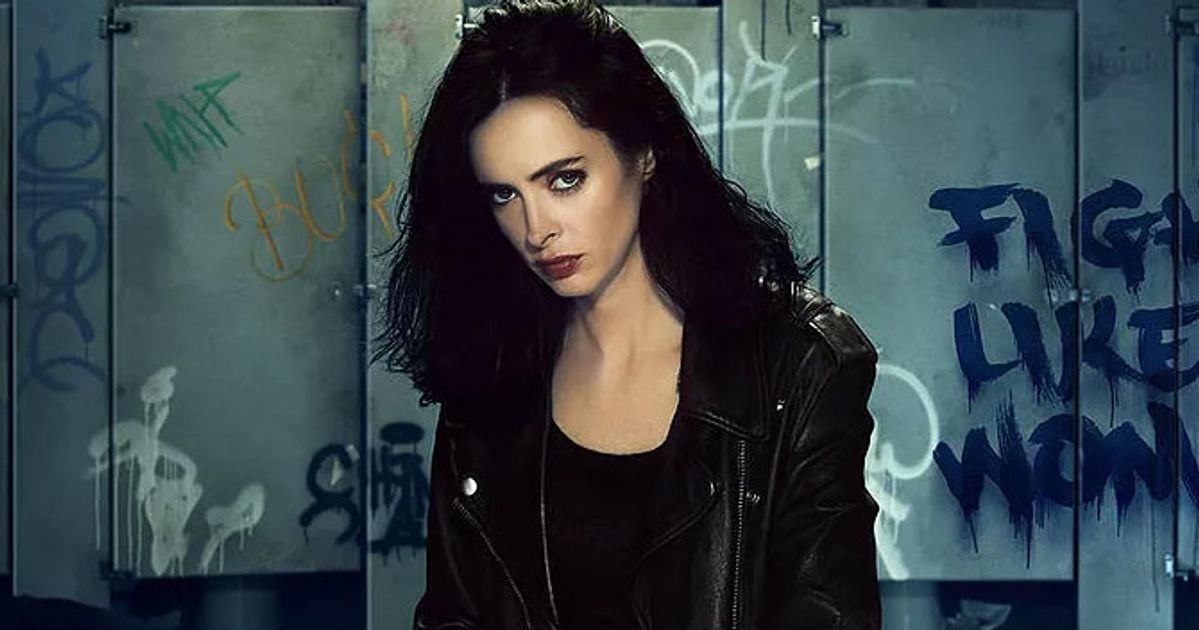Season 1 of Jessica Jones is arguably the strongest, most impactful byproduct of the Marvel/Netflix partnership to date. That being said, expectations were high heading into the sophomore season, but unfortunately, the series failed to come close to the bar it set for itself in 2015.
From the things that didn’t belong to the things that did, but were missing, here are five reasons Jessica Jones Season 2 was a disappointment:
Poor Pacing
Marvel and Netflix’s tendency to stick with 13-episode seasons often leads to pacing issues, but generally, they’re felt more so towards the back half of the season. With Jessica Jones, the second season starts off slow, remains slow throughout, and then switches to a breakneck pace for the final four episodes. It’s uneven, at best, and tedious, at worst, as it takes quite a while for anything to transpire that actually gives you the incentive to watch the next episode with the same sense of urgency as Season 1.
It Doesn’t Feel Like a Natural Continuation of The Defenders
It’s not a good practice to criticize media for what you wanted it to be versus what it actually is, but sometimes, you can’t help but question someone else’s creative decisions. For example, while this season feels like a natural continuation of Season 1, there’s virtually no evidence that the events of The Defenders have affected Jessica at all. In fact, if the events of The Defenders had never even happened, this season would hardly need to be tweaked to make it fit within the continuity of the Netflix corner of the Marvel Cinematic Universe. On the one hand, that’s great for viewers who want Jessica Jones to feel more like a standalone series, but we know that it isn’t – it’s part of a larger universe. Are we supposed to believe Jessica had a team-up with three other superhumans, one of whom was seemingly killed, in a massive underground battle against undead ninjas a few months ago and it barely left a lasting impression on her?
It Ruins its Best Supporting Character
Trish’s fixation on being able to defend herself is taken to new heights this season; so much so that the character becomes completely, frustratingly unlikable. Trish becomes obsessed with getting superpowers because, in her opinion, Jessica isn’t doing anything of value with her own, which leads to her betraying not only Jessica but Malcolm, as well. It doesn’t feel like an organic transition based on how the character was depicted in Season 1, as her and Jessica’s bond was rock-solid by the time things wrapped up. How in the world did we get from a woman who’s willing to put her life on the line for Jessica in order to take down Kilgrave to a woman who’s willing to shoot Jessica’s mother in the head, unprovoked?
There Are Absurd Leaps in Logic
Sometimes, shows and movies will push the boundaries of logic for the sake of the plot, and that’s something we have to accept. However, it works best when the stretches are subtle, and in this season, some of them are downright glaring. For example, Jessica goes on the run with Alisa, thus making her an accomplice in her mother’s escape from prison. Then, after Trish shoots Alisa, Jessica takes both the gun and the blame, and all Detective Costa says is that she did the only thing she could. Somehow, after all that, Jessica is able to just walk free? Even if you ignore her aiding and abetting a fugitive, from the police’s perspective, Jessica – who’s on probation, mind you – just shot and killed a woman with an unregistered weapon, despite not having even the slightest legal authority to do so. Regardless of what state you live in, you try shooting and killing an escaped convict with no gun license and an illegal firearm and see how that goes. (In all seriousness, DON’T do that!)
It Lacks a True Antagonist
As great as Krysten Ritter is as the titular, hard-drinking PI, part of what made the first season of Jessica Jones so incredible was the fact that David Tennant’s Kilgrave was such a compelling villain. He was a crucial element to the success of the show, and by taking him off the table this season, save for a cameo, the cracks in the foundation became increasingly visible. In fact, it’s a bit of a stretch to say that this season has a real antagonist, at all. Dr. Markus? Alisa? Sure, they’re thorns in Jessica’s side, but they’re not villains. Jessica makes it a point that she’s a PI and not a superhero, but the show still needs some sort of threat for her to face, outside of her own trauma, and sadly, that was missing from Season 2.







